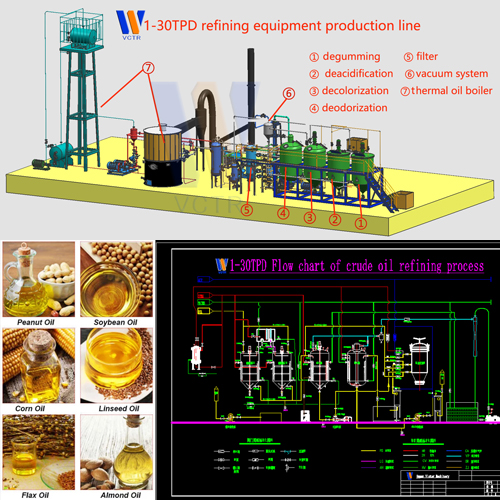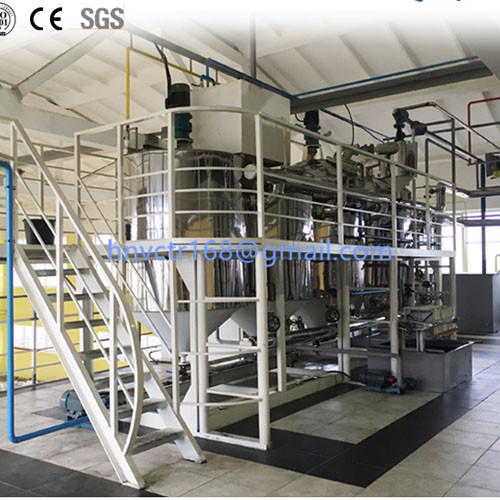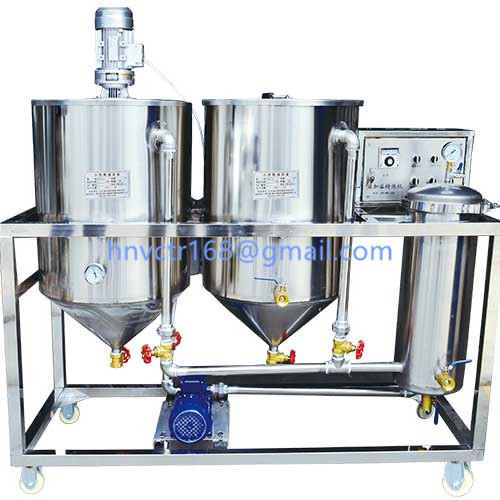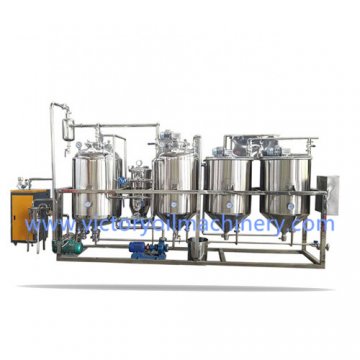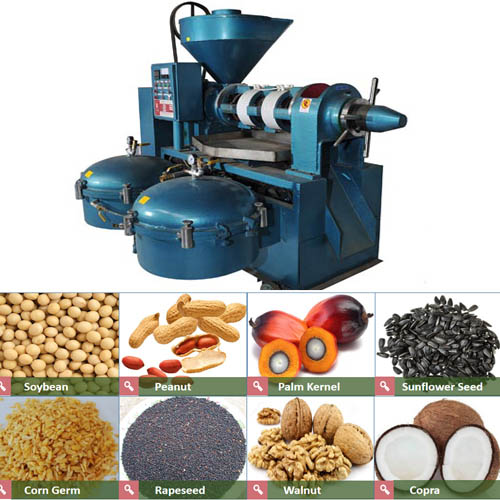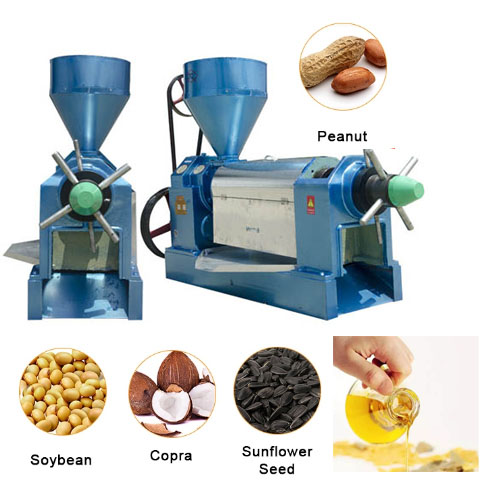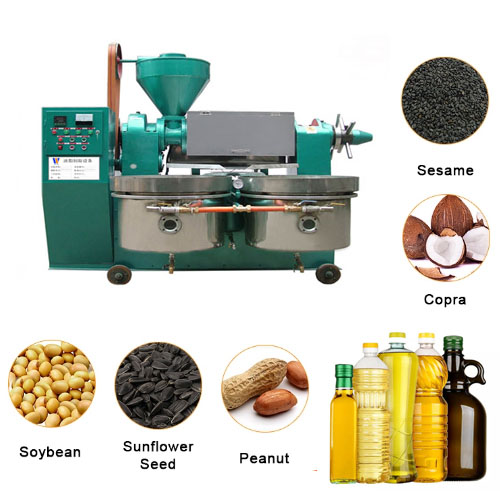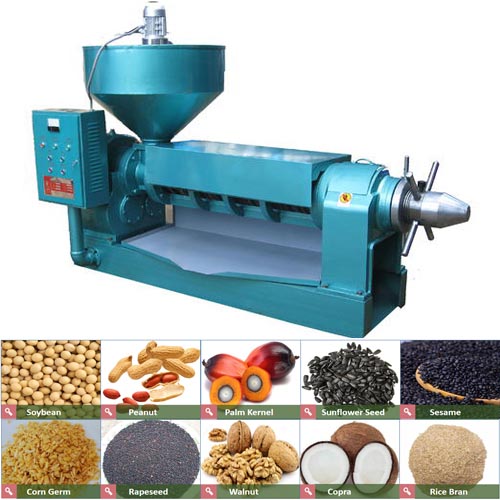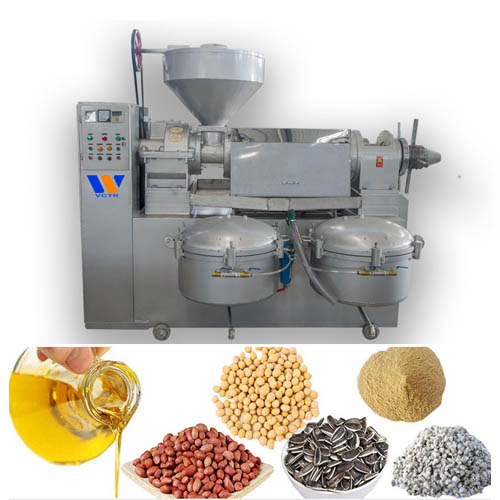Pioneer of oil refining process-Wesson
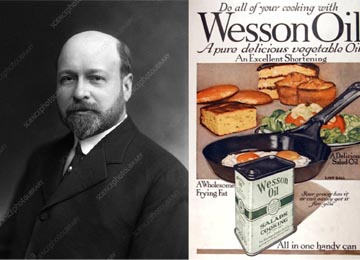
Oil processing technicians all know a noun, Wesson refining loss: the mass fraction of all impurities contained in the crude oil. Wesson is an outstanding oil chemist in the United States, a pioneer in oil refining technology, and one of the founders of the American Association of Oleochemists.In 1899, Wesson invented a method to remove the smell of cottonseed oil, thereby producing the first generation of shortening made of cottonseed oil. As a by-product of the cotton industry, cottonseed oil is cheap, and Wisson’s invention made cotton oil the most popular edible oil in the United States in the early 20th century.
Few scientists have a greater impact on the edible oil industry than David Wesson, and his vision and energy played a key role in the creation of the American Association of Oleochemists (AOCS).
Wesson was born on January 14, 1861. He received his early education in a public school in Brooklyn, New York. He graduated from the Massachusetts Institute of Technology (MIT) with a bachelor of science degree, where he served as an assistant to a professor of chemistry.
Soon thereafter, Wesson became interested in oils and soaps when he served as chief chemist at N.K. Fairbanks in Chicago, Illinois, a manufacturer of animal-based shortening.Generally speaking, these products include 8 parts oleostearin, 38 parts cottonseed oil and 60 parts lard. They were so successful in the market that Fairbanks gave up making pure lard.In 1890, W.J. Wilcox acquired N.K. Fairbanks, and Wesson was transferred to Gutenberg, New Jersey as the chief chemist.Fairbanks, a branch of the Wilcox Grease Company in the United States, hired Wesson from 1890 to 1895. However, it seems that some products were sold under the name Fairbanks until 1919.By 1893, Wesson had developed two oil products for the company, named after Columbus and Bolivar.
Later, Wesson opened a bicycle factory and established its own laboratory. When edible cottonseed oil was produced in 1900, Wesson started a new business. Operating under the name of Wesson Processing Company, Wesson also became the manager of the technical department of Southern Cottonseed Oil Company. In the winter of 1900, the production of "Wesson Oil" began at the Savannah plant in Georgia. A key part of this process is the development of appropriate deodorization technology. Although the method of treating cottonseed oil with Fuller's clay eliminates the color problem, there are still difficulties in removing odor/taste, which severely restricts the use of cottonseed oil.Deodorization of fats and oils was first reported in 1845, when palm oil heated to 110 degrees was treated with high-pressure steam. By 1891, Ekstein, an employee of Fairbanks, had successfully deodorized cottonseed oil, passed high-pressure steam at 340°F, and discharged steam and odors on the top of a closed oil tank.
After Ekstein left Fairbanks, James Boyce made more improvements. However, Wesson finally improved the oil refining deodorizing effect by operating in a vacuum. Avoid over-ripe flavor, and produce excellent flavor and oxidation stability.
Wesson seemed to be the first oleochemist (1887) to organize a quality control laboratory to conduct systematic inspections of cottonseed products. He was the first to establish a physical audit method for cottonseed plant operators.Wesson is a prolific writer. He has written numerous articles, including industrial and engineering chemistry, the Journal of the American Society of Chemical Engineers, and the Journal of the Chemical Industry Association, as well as various industry journals in the oil industry. His many contributions to the industry include a method for determining the yield of neutral oils, the Wesson refining loss test; methods for determining oil color; and publications on deodorization, hydrogenation, decolorization, and solvent extraction of edible oils.Wesson serves as associate editor of Oil and Soap magazine. He is a member of the American Society of Chemical Engineers and served as the chairman of the association from 1919 to 1920.
Wesson is a strong defender of the vegetable oil industry. Due to the legislation passed at that time, vegetable oils are at a disadvantage compared to the butter/dairy industry.
A federal law passed in 1886 required all lard and other fat mixtures to be labeled as "compounds" instead of "refined lard" to prevent adulteration.In 1931, in a legislative session on margarine in the House of Representatives, Wesson recalled that under the 1886 Act, a sample of margarine he analyzed was a spoiled butter that was not suitable for human consumption. Ordinary people think these types of products are typical margarine and organic products. And the starter oil made from oleic acid, neutral lard and refined cottonseed oil is sweet, a healthy food recognized by food experts, and a valuable diet, especially for those who cannot afford butter.Wesson also pointed out that after passing the margarine law, it was discovered that lard in excess of the amount obtained by slaughtered pigs was shipped out of Chicago. Investigations show that cottonseed oil and stearic acid are added to pure lard and sold as refined lard. The butter industry has been protected by law for many years, prohibiting the use of colors in margarine.Wesson pointed out to the House Committee that the color of butter is affected by diet and season. In winter, cows are fed with grains, hay and straw to produce white butter, while in early summer, cows fed on green pastures produce golden butter. He believes that in order to prevent consumers from being deceived, all foods containing artificial colors should be taxed equally.
Participated in the formation of the American Association of Oleochemists (AOCS)
In David Wesson’s own words, he described the establishment of AOCS:
"In the early cottonseed business, when the cottonseed pressing plant held annual meetings, it was found that many chemists were interested in strictly paying attention to the deliberations of the Rules Committee. This is a very gossip group. The business leaders are supposed to promulgate rules for cottonseed processed products. The main responsibility of the chemists participating in these meetings is to provide their employers with various tests on the impact of transactions.From May 18 to 20, 1909, at the International Cottonseed Squeezers Association meeting in Memphis, a small group of chemists representing different factories and commercial laboratories held an informal meeting. It was agreed that the organization of cotton oil chemists would promote mutual affection, allow closer cooperation in the development of unified analytical methods, and provide a means of research work for the benefit of the cottonseed oil industry. The result of the interim organization was the appointment of a committee to draft regulations and bylaws.At the Little Rock Conference in 1910, the association was organized under the name "Cottonseed Product Analyst". The reason for choosing this name is that very few of us have received real chemistry education and have only received training as laboratory assistants, mainly for routine testing.
Wesson is an avid sailor, he owns a sailboat, and he sails in Banat Bay. He died on May 22, 1934. The industry mourned his death, and his obituary appeared in the June issue of Grease and Soap. The obituary said: "As a man, Dr. Wesson is very democratic and has a strong sense of humor." He is always happy to help young people in the industry solve various problems. Dr. Wesson is loved by everyone who knows him, and his death has caused great losses to his friends, our society and the entire industry.

